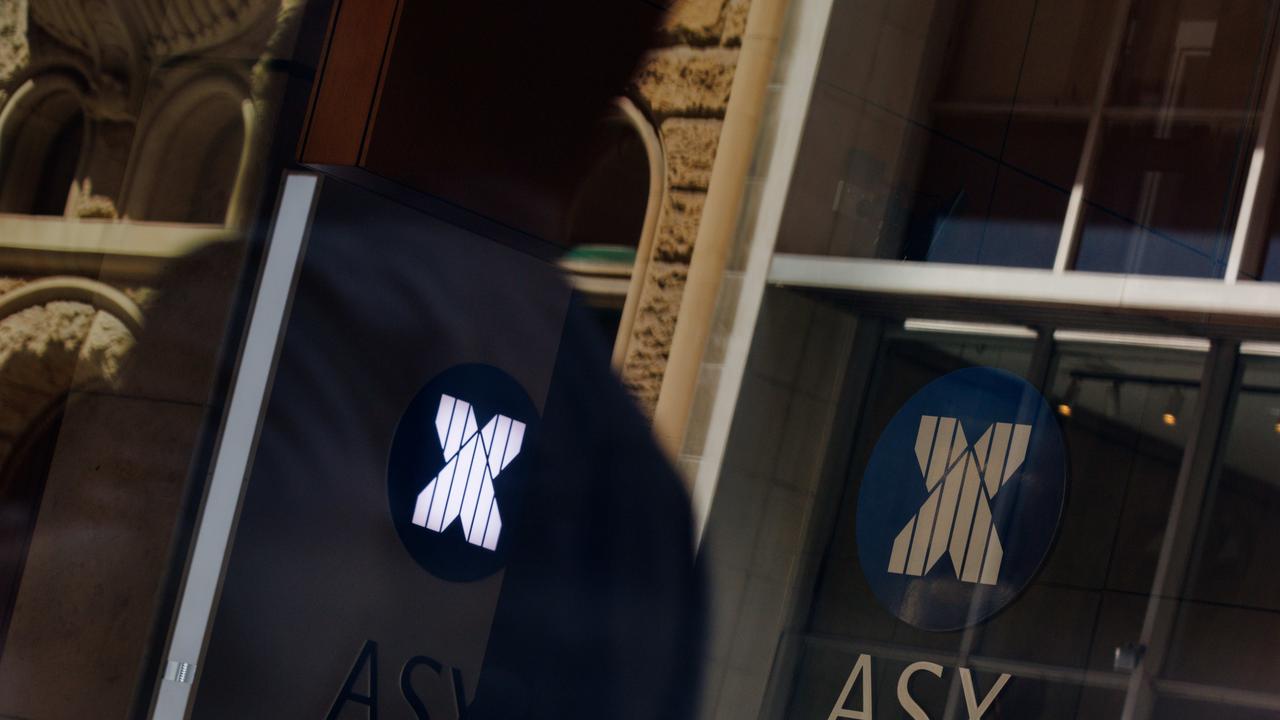Australian tech company Metigy collapsed owing $32m, ASIC to investigate
Staff are owed $2.5 million and the company made just $61,000 in sales in the past financial year, with the corporate regulator set to investigate the collapse.

An Australian company which left staff “shell-shocked” when it collapsed owing $32 million is being investigated by the corporate regulator.
The company went under in July and a recent report from the administrator alleged that the start-up could have been trading while insolvent and its sole director secured a $7.7 million loan from the firm to buy luxury properties.
The report from administrators Cathro Partners, which was filed with the Australian Securities and Investments Commission, alleged the company was suspected of trading while insolvent for a “significant period of time”, but said further investigations were needed.
It flagged that the company could have been trading insolvent since at least November 14 last year when its CEO and sole director signed a $7.7 million loan as lender and borrower to “complete a personal property settlement”.
The sole director had repaid some of the money but still owed $4.76 million, plus interest, the report said.
“During the year prior to our appointment, Metigy raised capital of more than $20 million from various investors which appears to have been used to service the day-to-day trading requirements of the group entities and a loan to the director which was used to purchase personal property assets,” the administrator’s report said.
Stream more business news live & on demand with Flash. 25+ news channels in 1 place. New to Flash? Try 1 month free. Offer ends 31 October, 2022 >

$4188 accruing a day
Properties owned by the director include a six-bedroom, five-bathroom house in Mosman, on Sydney’s lower north shore, purchased for $10.5 million in September last year and a NSW south coast property with a pool and tennis court, bought for $7.7 million in November.
Both have had freezes put on them by administrators.
But due to falling property prices this year, the administrators believed the properties were now worth less than their original purchase prices, with the report estimating there was around $3.7 million in equity across the two homes.
“We note that the mortgages are currently in default and that the secured creditor, Pallas Capital, has now taken steps to enforce over these properties by appointment of mortgagees in possession,” the report said.
“We have put Pallas Capital on notice that they are to sell the properties as quickly as possible for the benefit of creditors as default interest is accruing at a rate of $4188 per day.”
The corporate regulator, ASIC, revealed it was investigating the company’s collapse.
“ASIC has commenced an investigation into the circumstances of the collapse of Metigy and the matters identified by the administrators in their report,” a spokeswoman said.
“ASIC will not comment further regarding its investigation.”

Employees owed $2.5m
Metigy’s demise, which saw 75 staff members lose their jobs immediately, left many “shell-shocked”.
The report also revealed employees were owed around $2.5 million in outstanding entitlements.
One staff member, who had been with the company for just four months before it collapsed, claimed he didn’t receive his last month’s pay.
He said finding out he had lost his job three weeks ago while on holidays had been “tough”.
“I am sad. And overwhelmed. It’s overwhelming when you and all your colleagues lose their jobs,” he wrote on LinkedIn.
“It’s also overwhelming when you realise you didn’t get paid for the last month either. And that I probably won’t get paid for the next few months because I’ll need to go through the interview process, land a job, work a month and then finally receive that paycheck (sic).”

What went wrong
Metigy had planned to raise money with a valuation of $1 billion earlier this year as it offered an artificial intelligence platform that provided insights into customers for small business marketing.
But administrators said a number of factors led to the company’s collapse including “poor strategic management”, “under capitalisation and inability to raise additional capital”, “inadequate cash flow or high cash use”, “trading losses”, and “unreasonable director-related transactions”, its report said.
It showed the start-ups costs ballooned to $10 million in the 2022 financial year, and it made $61,120 in sales in the year to June 30 and $17,299 the prior year.
Administrators have recommended that the company be put into liquidation.
Tech companies are struggling in Australia after a share market bloodbath, which has left investors spooked and made funding harder to find.
Other failed businesses include grocery delivery service Send, which went into liquidation at the end of May, after the company spent $11 million in eight months to stay afloat.
A Melbourne-based e-sports company called Order that raised $5.3 million in funding last year also collapsed earlier this month.






